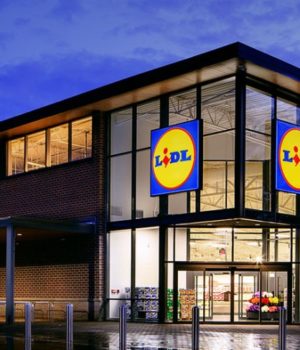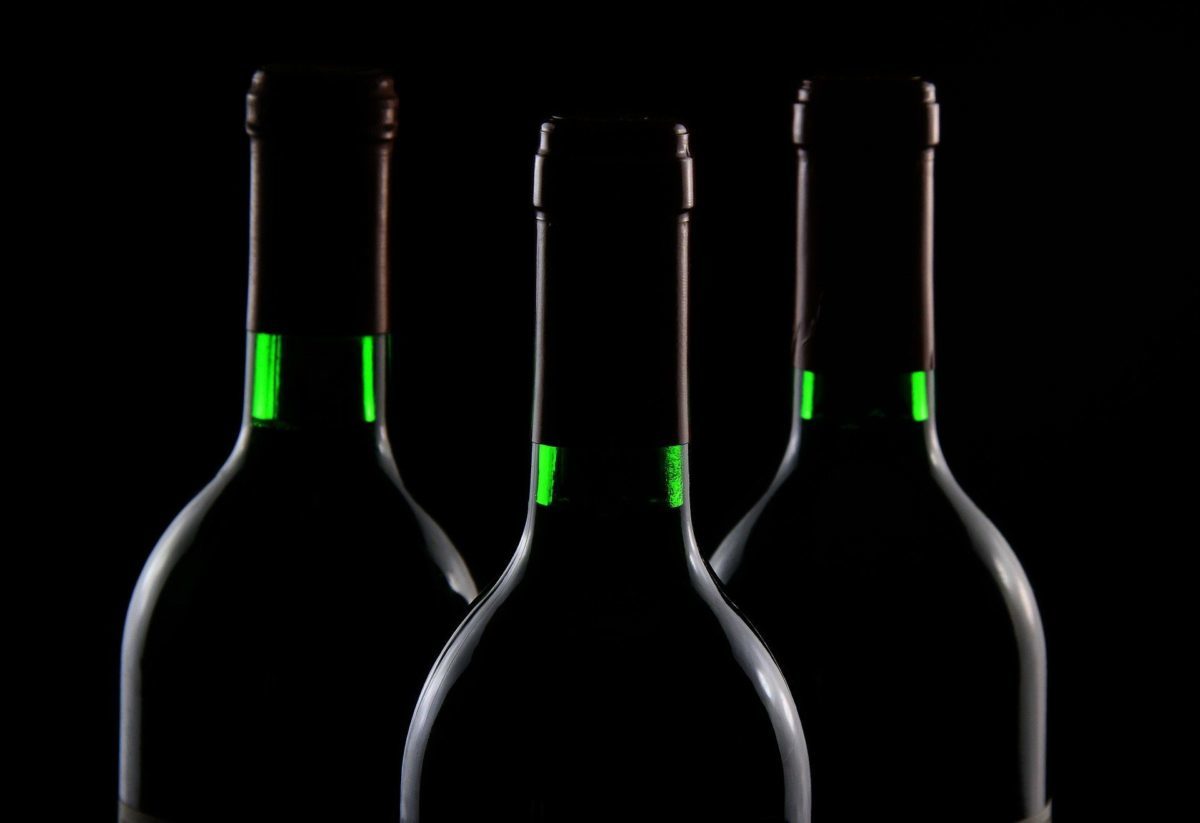The new certification in biodiversity for horticultural products reaches Lidl hand in hand with GLOBAL GAP This system seeks to improve the management of the natural environment and protect the ecosystems based on a set of rules to promote biodiversity in fruit and vegetables. Find out with us!
Next stop to biodiversity
"Add-on Biodiversity" is the new certification in biodiversity which Lidl and GLOBALGAP have been launched with the aim of improving the management of the natural environment and protecting ecosystems. The certification consists of a Set of rules, principles and criteria of good practices. These will consider the effective use of water and soil to promote biodiversity in the production of fruits and vegetables.
Thanks to this initiative, Lidl has positioned itself as the first distributor in Europe to implement this type of certification. are more than 250 producers fruit and vegetable on the continent, and a large part of these is located in Spain. The goal of the German company is to cover, in a second phase of expansion, all its european suppliers of fruit and vegetables.
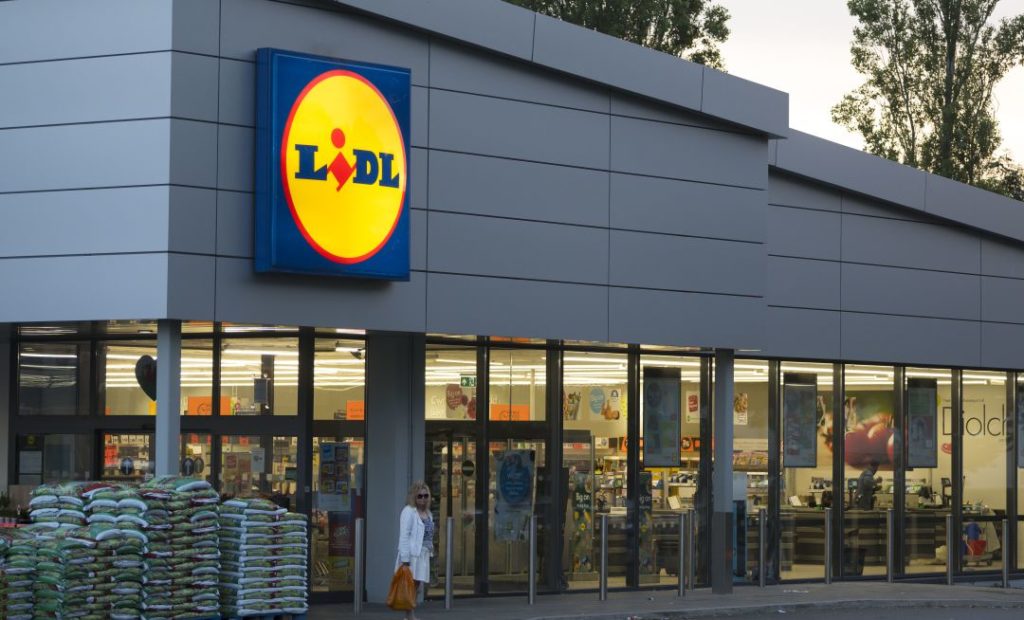
This project joins the commitment that Lidl has shown with the responsible production and Ecological cultivation. For this reason, the firm has a raw material purchasing policy aimed at avoiding overexploitation and contamination.
Biodiversity as a basis for the future
The initiative "Add-on Biodiversity» has been managed by various entities. An example of this is the Organic Agriculture Research Institute. The center has earmarked a subdivision for Supervise and help with the management of this advance. On the other hand, the University of Nürtingen-Geislingen has also decided to join the cause as a scientific partner to ensure the success of the initiative.
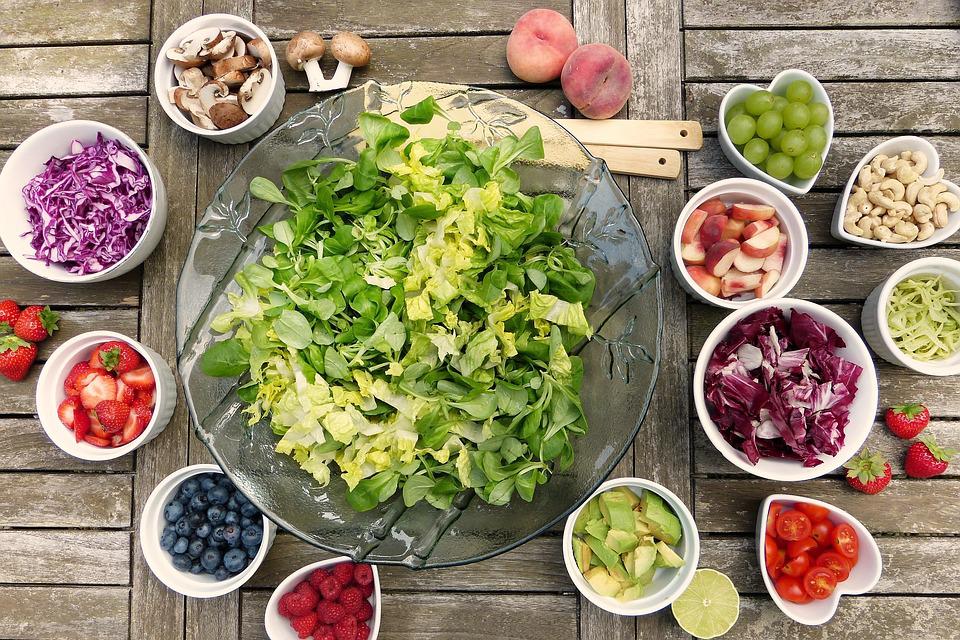
To this end, a set of rules and principles have been compiled that seek to help producers show their management practices biodiversity. They include a pest, soil and nutrient management plan. In addition, measures for the protection and restoration of the field are also added. This represents a very significant advance in agriculture in terms of issues of sustainability refers.
Michaela Reishchl, director of CSR at Lidl in Spain, has highlighted the importance of promoting the company's biodiversity. They seek to positively impact the ecosystems. To do this, he stressed that Lidl is establishing production models focused on sustainability.
The first steps to follow
BIO products are healthy products that maintain their natural genetic makeup. In this way, they offer characteristics and properties not altered to enhance any of its aspects. In general, the main characteristics that are handled in food is its appearance. In this way, the fruit or vegetable in question will be more attractive to consumers.
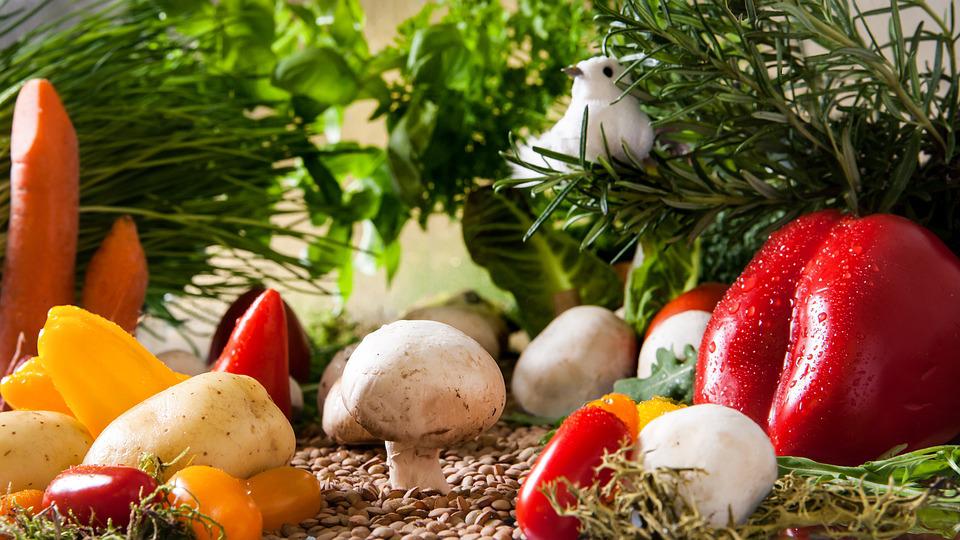
Currently, Lidl has more than 150 items that can be considered BIO. Per year, the company buys a total of 46.800 tons of horticultural products. This makes it the main buyer of the Spanish organic garden. Approximately 9% of the country's total BIO production.
In addition, many people also confuse the term BIO with ECO. Although they are similar, there are noticeable differences between both concepts related to food. For your product to be considered BIO, it must meet a single requirement: not be genetically manipulated. However, an ECO product must also guarantee that they have been cultivated respecting nature in all its stages of production.
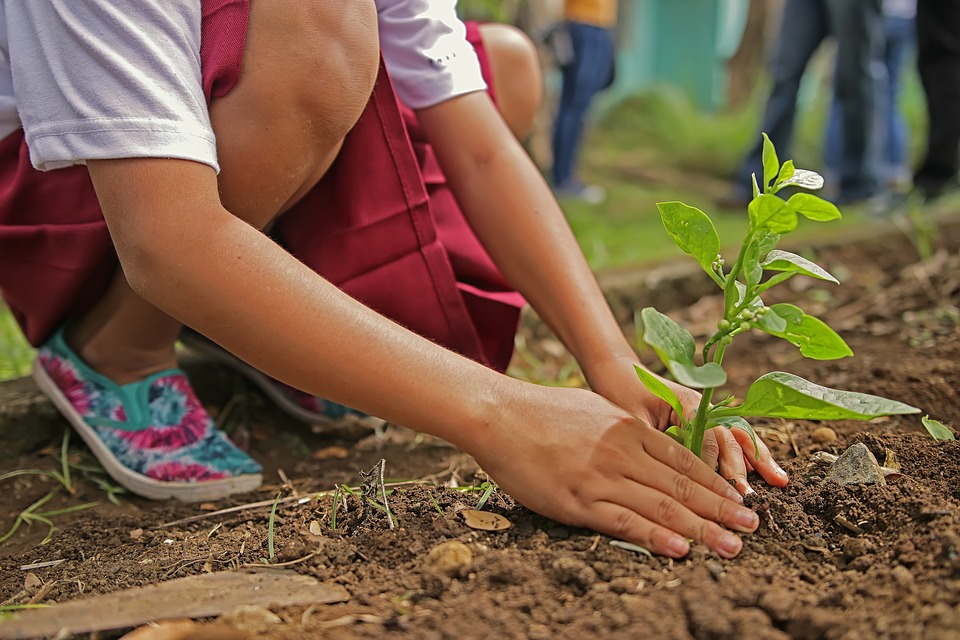
Both forms of production they are the goal that all food distribution companies should seek. In addition, despite currently being a minority portion of the products that we can find in a supermarket, this is, without a doubt, the way to go. can currently be found selections of these products on many online websites, as well as in physical stores. Lidl, for its part, also offers a selection of these foods in its stores.
What do you think? Did you know about this initiative on BIO products? We are going to take it into account from now on.


